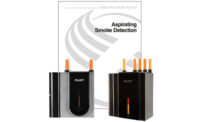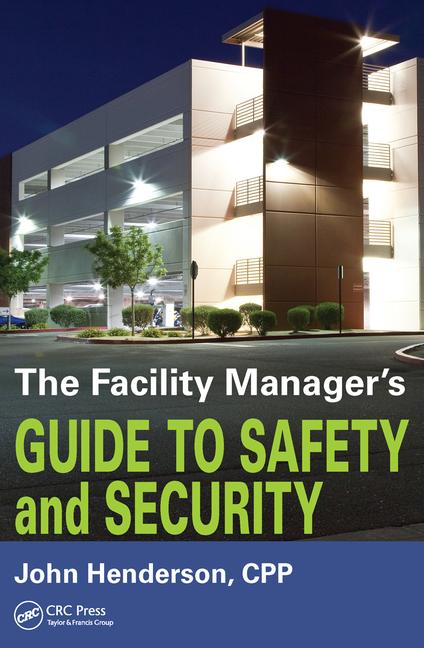
|
| Beyond data protection, facilities such as the Cancer Treatment Centers require highly accurate, very early warning of incipient fires. Combining these capabilities can prevent damage to expensive equipment, reduce unnecessary evacuations that can endanger patients and create downtime, and protect lives without disrupting expensive and sensitive procedures. |
The Cancer Treatment Centers of America hospital in Phoenix, needed highly accurate, very early warning fire detection to protect its mission critical patient data and systems from smoke and fire. They chose the FAAST Fire Alarm Aspiration Sensing Technology® from System Sensor.
“In today’s information and technology driven world, a server room fire, especially in a hospital, can be catastrophic,” said Ryan Clark of American Fire Equipment in Phoenix. “Aspiration technology is one of the best methods of protection for early detection. We compared aspiration technologies and installed System Sensor’s FAAST at the Cancer Treatment Centers of America in Goodyear, Arizona’s 2000-sq.-ft. server room.”
The Arizona facility at Western Regional Medical Center is part of a national network of hospitals, providing a comprehensive, fully integrated approach to cancer treatment.
Protecting medical facilities can pose other challenges as well. MRI systems, for example, can be sensitive to the metal and electronic components in fire detection devices. The FAAST device can be mounted in a separate location with sampling points run into the sensitive area through a plastic piping network. Prior to installation, System Sensor PipeIQ® software is used to lay out the system’s pipe network. The software also provides system configuration and monitoring capabilities. FAAST’s monitoring capabilities are further enhanced by the device’s integral Ethernet port.
According to Clark, “...any situation at the hospital is known instantly with FAAST’s unique onboard Ethernet interface monitor.” The interface enables monitoring of the detector by eliminating and discriminating against dust and nuisance particulate. This approach reduces false alarms while providing smoke sensitivities as low as 0.00046 percent per foot obscuration for very early warning detection.
FAAST further reduces false alarms through System Sensor’s Acclimate™ mode, which enhances performance by automatically adjusting sensitivity based on environmental conditions. The user defines the allowable range of sensitivity levels, and FAAST makes necessary adjustments to provide the most sensitive setting while accounting for environmental baseline conditions from any Internet browser, smart phone or mobile device with VPN capability. The system can also be configured to automatically deliver e-mail status updates to appropriate personnel wherever they are.
American Fire Equipment provided CTCA with a service contract to monitor the system at the hospital on a regular basis, such as changing filters when necessary. American Fire tested the FAAST system after installation and will continue to test it periodically by means that satisfy the Authority Having Jurisdiction, the company said.








